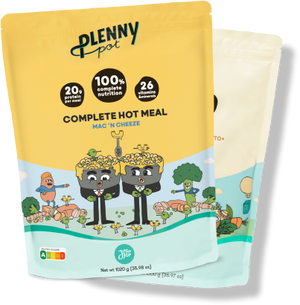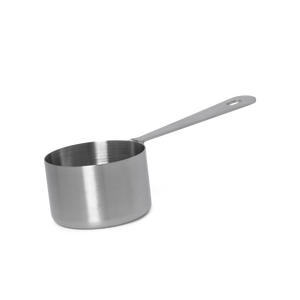
Looking to learn more about the most popular diets? You’ve come to the right place! A Master's student in Nutritional Physiology & Health Status at Wageningen University & Research takes an in-depth look at the effectiveness of today's most popular diets.
The low-calorie diet
This is probably the first thing that comes to mind when you think of diets. Basically, you eat around 1200-1500 calories per day if you're a woman and 1500-1800 if you're a man. This creates a calorie deficit and can lead to weight loss. But let's be real, it's hard to stick to this kind of diet long-term, and it's not for everyone.
The very low-calorie diet
This one is not for the faint of heart. It involves eating less than 800 calories a day, which is like a couple of carrot sticks and a piece of lettuce. Sure, it can lead to fast weight loss, but it's not sustainable and should only be done under the supervision of a medical professional.
The keto diet
Moving on to the macronutrient diets and the diet that's taken the world by storm. This one is all about eating a ton of fat and very few carbs. By doing this, your body goes into a state called ketosis, where it uses fat as its primary source of energy instead of glucose. And while it's been shown to help with weight loss and maintaining lean body mass, it's also pretty strict and can cause some unwanted side effects like constipation and headaches.
Oh, and did I mention that it can make your body produce a compound that's similar to alcohol? Yeah, you read that right. So if you're planning on taking a breathalyzer test anytime soon, you might want to steer clear of this one. And as always, if you have a health condition, it's always best to consult with your doctor before starting any new diet.
Intermittent fasting
A way to limit when you eat instead of what or how much to eat! You can try fasting every other day, eat only one meal a day, eat less on certain days or only eat at certain times of the day. It's all about finding what works for you.
When you fast, your body goes through some pretty interesting changes. For example, it starts producing ketones out of fat storage just like on a keto diet. However, intermittent fasting can also cause some not-so-fun side effects like fatigue, weakness and headaches. But don't worry, these changes are thought to be causing the effects of this diet.
It turns out that intermittent fasting is just as effective in losing weight as traditional calorie restriction (Varady, 2022) and has some additional health benefits too, like lowering your risk of heart problems and diabetes. That's why it's a hot topic in research right now, but we still have a lot to learn about the optimal fasting pattern and macronutrient composition. We can't wait to see what new information comes out in the future! (Koliaki 2018; 2020)
The paleo diet
Also known as the caveman diet! It involves chowing down on the same kinds of foods that our hunter-gatherer ancestors would have eaten. So, think lots of meat, fruits, and veggies, but no dairy or grains (Pitt, 2016). While there is evidence that the Paleo diet can be effective for weight loss, it's worth noting that it can be quite restrictive, which can increase the risk of nutrient deficiencies (Metzgar, 2011). Plus, following this diet may require significant lifestyle changes and could be more expensive. But hey, if you're willing to take on the challenge, go for it! (2020)
The Mediterranean diet
If you're looking for a delicious and nutritious way to shed some pounds, the Mediterranean diet might be just what you need! This diet focuses on consuming lots of leafy greens, fruits, cereals, nuts, and legumes, as well as moderate amounts of fish, white meat, and dairy products. However, it suggests minimal intake of red and processed meat and sweets (Davis, 2015). While this diet is effective for both short-term and long-term weight loss, it's important to note that the overall weight loss is similar to other diets. Nonetheless, due to its balance and nutrient-dense nature, it can have many health benefits beyond weight loss (Koliaki 2018; 2020).
Gluten-free diets
Ah, the gluten-free craze! While it's true that gluten-free diets eliminate products like bread, baked goods, and pasta that contain gluten, which can be helpful for people with celiac disease or other gluten sensitivities (Jones, 2017), there's no solid evidence that it's a magical weight-loss solution. Sure, cutting out certain foods may reduce calorie intake, but it can also lead to a lower intake of essential nutrients like calcium, vitamin A, and iron, as well as fiber. So, while a gluten-free diet can be beneficial for those with gluten sensitivities, it's not necessarily the best way to shed those extra pounds (2020).
Vegetarian or vegan diets
These have been found to be generally healthier than meat-based diets, according to studies (Tahreem, 2022). However, it's not entirely clear if this is due to the diet itself or the fact that most vegetarians and vegans are just healthier in general. You know, with all that yoga and kale they consume.
To better study the effects of these diets, some studies have even randomly assigned people to them. And guess what? Vegan diets caused similar or even more weight loss than the recommended diets (Ivanova, 2021). Even better, long-term studies have shown that a low-fat vegan diet can cause more weight loss than other diets prescribed for lowering cholesterol or managing diabetes (Barnard, 2009; Turner-McGrievy, 2012).
For vegetarians, most studies found that their diets were effective for weight loss but not necessarily better than other diets (Ivanova, 2021). However, they still offer numerous health benefits like improved blood lipid profiles, insulin sensitivity, and blood pressure. So, you can't really go wrong with a vegetarian or vegan diet. Just don't make the mistake of consuming only vegan chips – balance is key! (Burke, 2007).
Also, be cautious with meat and dairy substitutes, as they can be deficient in nutrients or heavy in salt or saturated fat. So, while these diets may help with weight loss, make sure you're getting all the nutrients your body needs.
Plenny meals
An easy and hassle-free way to eat healthily. Plenny meals are packed with all the nutrients you need and are portioned out, making it easy to keep track of your calorie intake. So, the next time you're feeling overwhelmed by meal prep, remember that Jimmy Joy can hook you up with quick and easy meals with a whopping 172 health benefits. True story.

So which is best?
When it comes to the best diet, it's all about adherence, baby! Studies have shown that sticking to a healthy diet is the key to success (Koliaki 2018; 2020). So, whether you're into vegan, keto, or the Twinkie diet (okay, maybe not that one), the most important thing is finding a diet that works for you and your lifestyle. And hey, if you need a little help with your nutrition, don't be afraid to seek out a dietitian. They can make sure you're getting all the vitamins and minerals you need, without sacrificing your favourite foods.






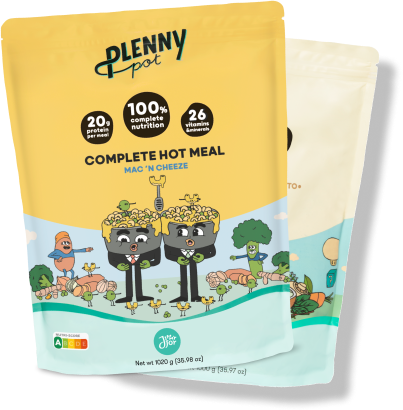


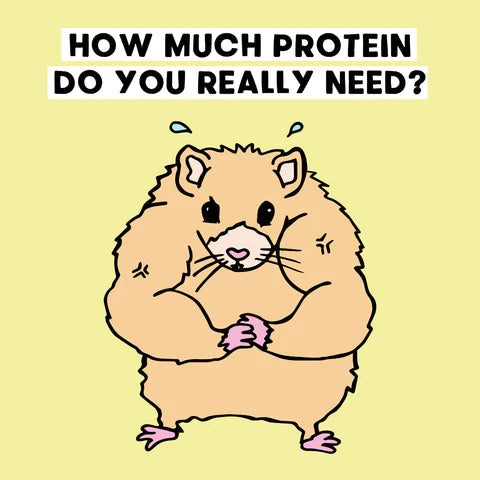








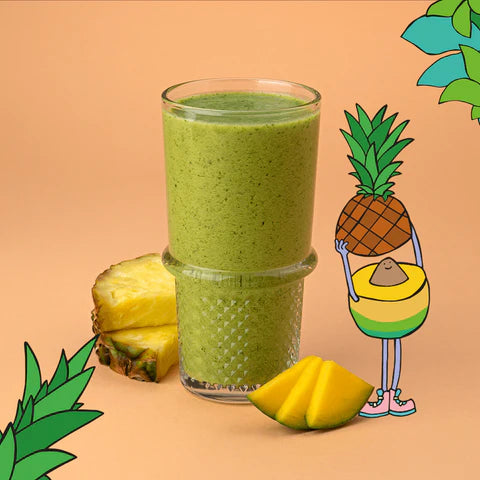
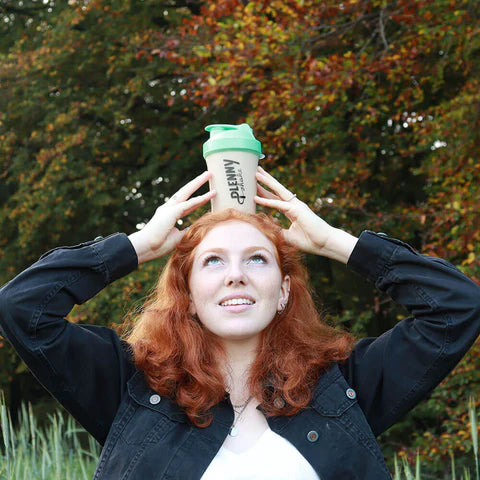

 Toegevoegd aan winkelwagen
Toegevoegd aan winkelwagen



